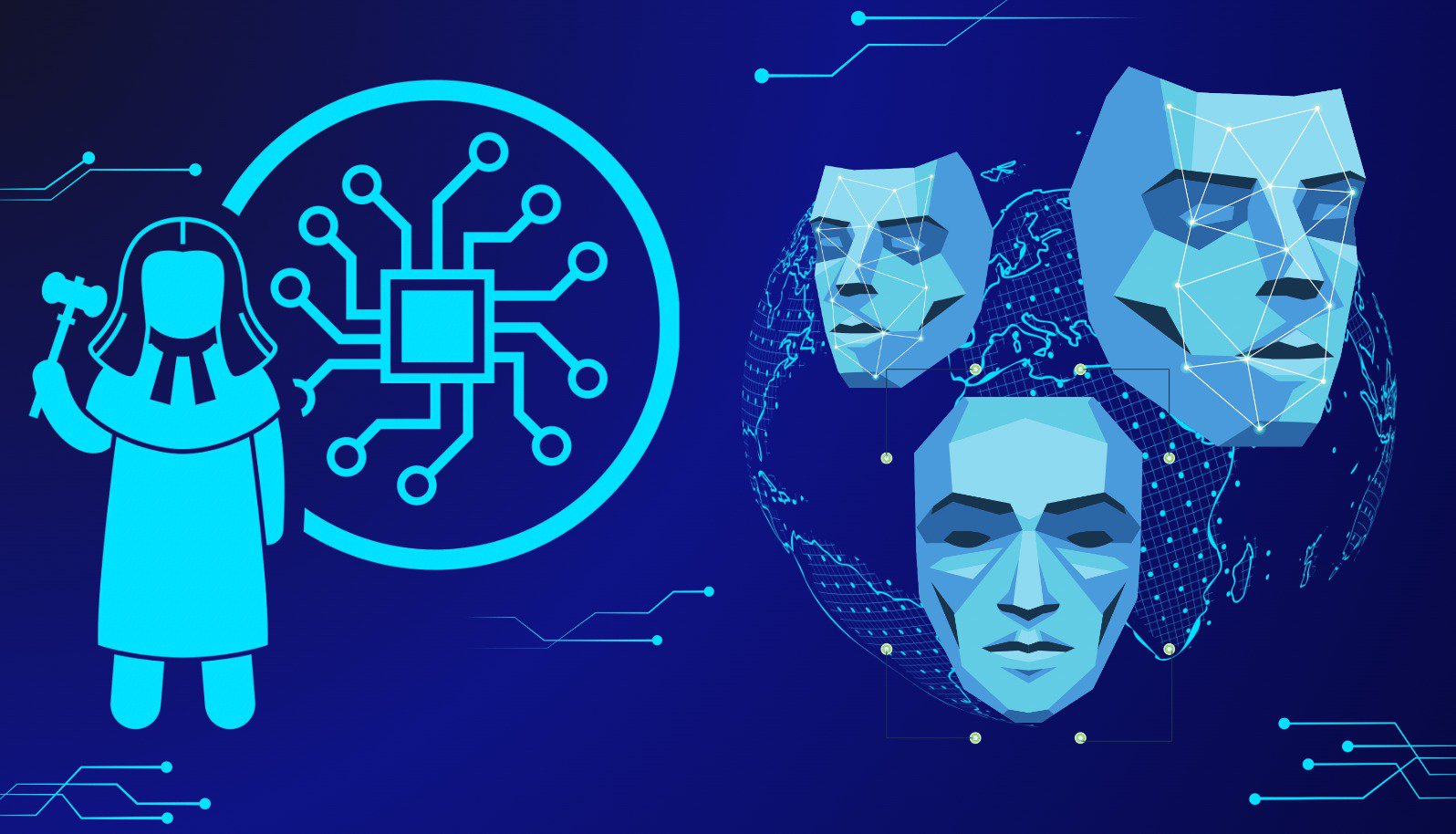Attorney Generals Advocate for Stricter Controls on AI Regulations
A collective effort by 26 state Attorneys General (AGs) across the nation underscores the growing concern surrounding the use of generative artificial intelligence (AI) in telemarketing. In a joint letter submitted to the Federal Communication Commission (FCC), the AGs urged the agency to swiftly enact tough regulations to curb the use of AI to impersonate a human voice in marketing calls.
The letter was submitted by North Carolina AG Josh Stein on behalf of the other state AGs in response to the FCC’s recent Notice of Inquiry (NOI) seeking comments on the implications of AI technologies on protecting consumers from unwanted robocalls and texts.
Robocalls and AI Regulations: An Unholy Marriage
The AGs called for regulations that would subject companies that use AI to impersonate a human voice to the provision in the Telephone Consumer Protection Act (TCPA)that prohibits using an “artificial or prerecorded voice” in telemarketing calls. When 47 U.S.C. § 227(b)(1) was drafted, generative AI did not exist and “artificial voice” meant the crude computer-generated voices that were in use at the time, so whether the term can be said to apply to modern generative AI is for a regulator such as the FCC or a court to decide.
As detailed in prior articles, state Attorneys General, and AG Stein in particular, have been aggressively pursuing the parties responsible for scam robocalls, so is hardly surprising that they acted in concert to oppose the unholy marriage of robocalls and AI.
AG Opposition to AI
This is far from the first time state AGs have acted in response to the threats posed by AI. The letter to the FTC was announced in the wake of an investigation launched by the New Hampshire Attorney General’s office into reports that a political robocall used AI to clone the voice of President Joe Biden to dissuade voters from participating in the New Hampshire primary. The incident highlights the potential misuse of AI in a political context and underscores the need for comprehensive regulatory safeguards.
In September of 2023, the National Association of Attorneys General (NAAG), acting on behalf of a bipartisan coalition of 54 state and territory AGs, issued a letter to Congress urging it to study how AI can and is being used to exploit children, and requested the advancement of legislation that would protect children from those abuses.
What the Future Holds for AI Regulations

The FCC, the Federal Trade Commission (FTC), and Congressional leaders alike are fully cognizant of the potential threats posed by AI in numerous areas that have nothing to do with telemarketing and robocalls. However, in light of the FCC and FTC’s relentless crusade against illegal telemarketing activities, it is highly likely that the first regulation in history that specifically governs generative artificial intelligence will be enacted to curb its use in connection with telemarketing calls.
Those performance marketers actively seeking to incorporate generative AI into their business models should maintain a careful eye on how the FCC proceeds in response to the comments to the NOI submitted by the AGs and other parties and prepare to adjust their plans accordingly.


